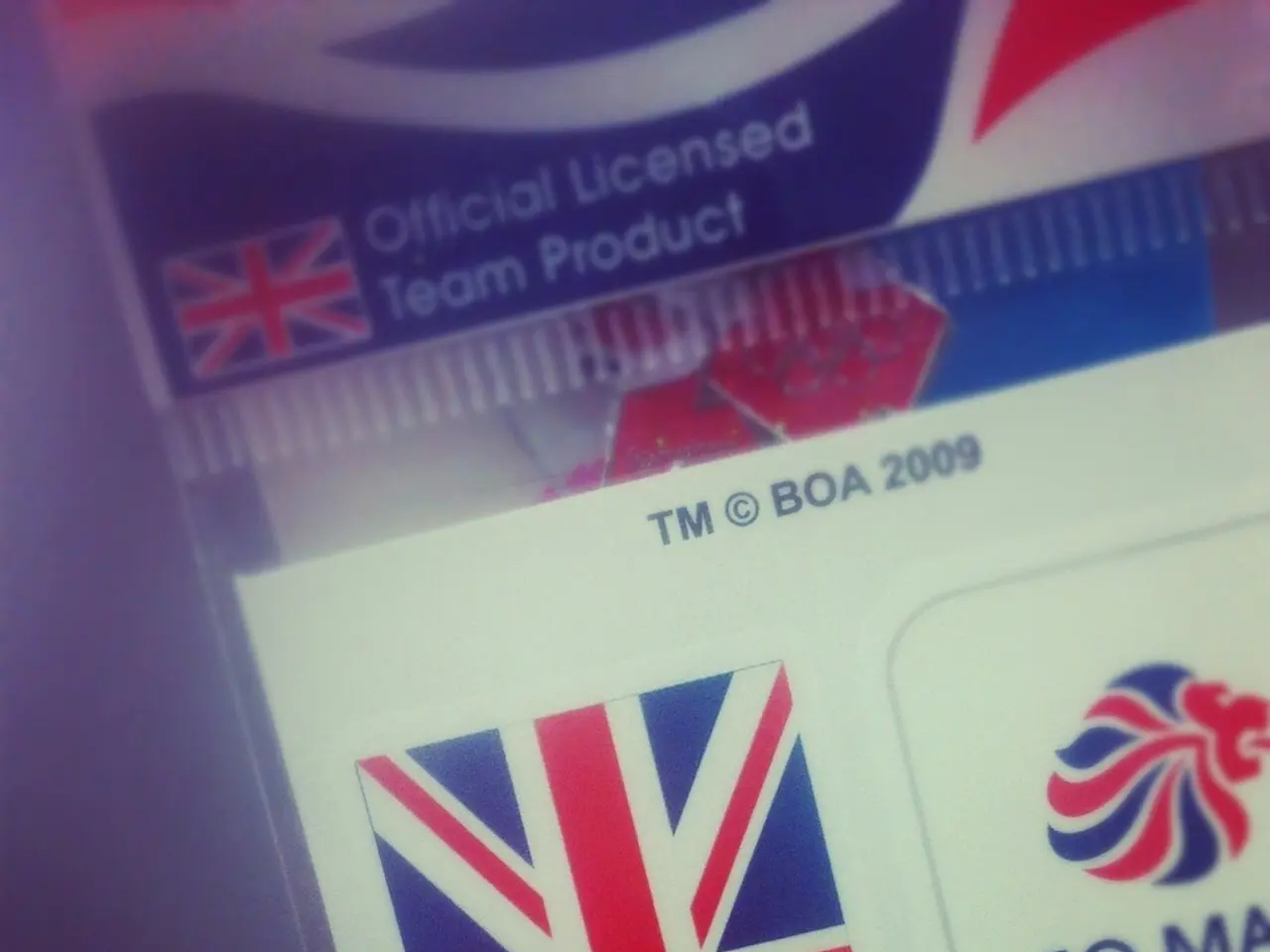Increase in H-1B visa fees by Trump poses a dilemma for U.S. innovation and India's IT sector, according to former diplomat Sachdev
In a significant move, the USA President Donald Trump has announced a new proclamation that imposes a $100,000 annual fee on H-1B visa applications, effective from September 21. This proclamation, titled "Restriction on Entry of Certain Nonimmigrant Workers", was issued by the President on Friday.
The proclamation aims to combat what the administration calls widespread abuse of the H-1B program. It argues that the original purpose of H-1B, to bring in highly skilled foreign talent, has been distorted. The administration claims that low-wage, entry-level H-1B hires have harmed US graduates.
The proclamation highlights national security concerns, pointing to investigations into visa fraud and money laundering involving companies that rely heavily on the H-1B program. The abuse is particularly associated with IT outsourcing firms accused of displacing US workers and suppressing wages.
Mahesh Sachdev, a former senior Indian diplomat, describes the proclamation as a "two-edged sword." While it may deter some companies from hiring foreign workers, it could also undermine US's IT innovation. Sachdev suggests multiple strategies for Indian firms to mitigate the fallout, many of which have operations and clients in the US.
Employers must now provide proof of payment when filing H-1B petitions, with enforcement overseen by the US Departments of State and Homeland Security. Limited exemptions are available for cases deemed in the national interest.
The new fee, if paid, could potentially total $300,000 over a three-year visa period. Sachdev points out that the narrative often alleging foreign workers are displacing US workers rarely examines whether H-1B holders are hired because of their lower wages or because of their higher levels of efficiency and professionalism.
There is a strong possibility of legal pushback against the proclamation, as it may not conform to the powers of the US government. Companies facing complaints procedures against H-1B visa applications in the US, particularly those in the technology and IT sectors, commonly respond by increasing compliance measures, enhancing documentation and legal support, and diversifying their hiring strategies to minimize delays and denials.
Indian companies reliant on the US market may be significantly impacted by the proclamation. The proclamation suggests an increase in work being outsourced directly to India to avoid the high visa costs. However, the long-term effects of this move remain to be seen.
Read also:
- The Cost of Speech is Zero, True Strength Lies in Unity
- Beginning a Food Truck Venture: Crucial Stages to Achieve Profitability
- Aiming to simplify the move towards cleaner automobiles, the newly established ministry plans to take direct action with Pannier-Runacher, Létard, and Vautrin at the helm.
- "The imperfect yet essential documentary, "Planet of the Humans," raises challenging and uncomfortable inquiries"




